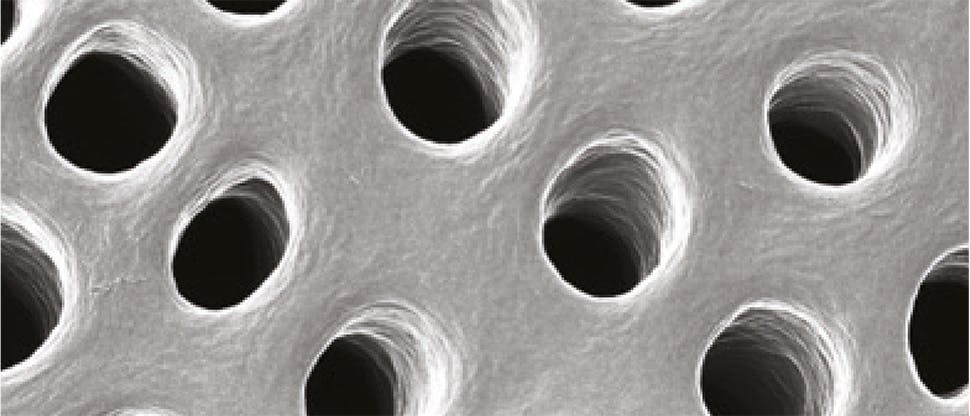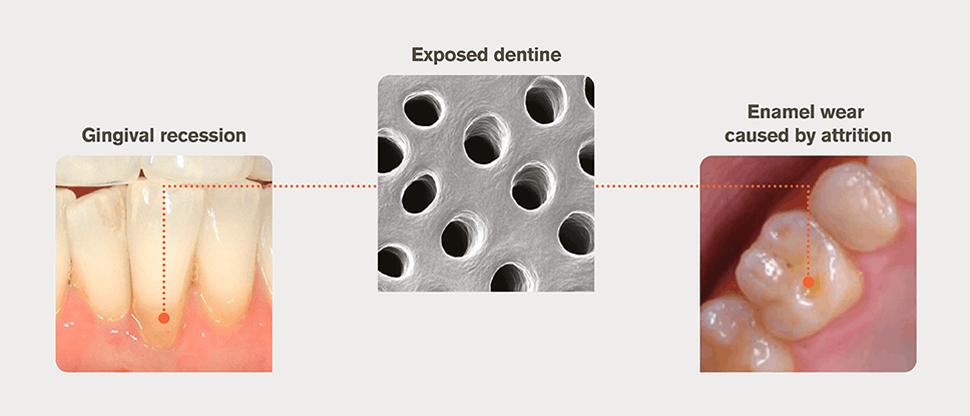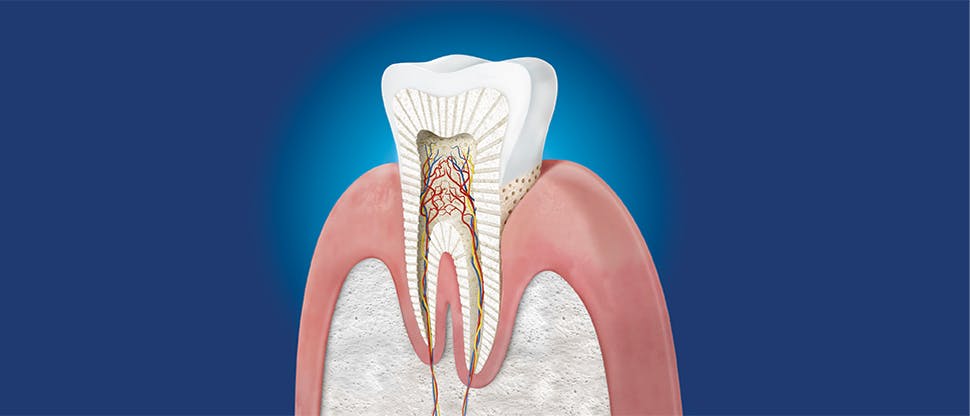Dentine hypersensitivity: Causes and mechanisms

Exploring the causes of dentine hypersensitivity
Dentine hypersensitivity is a common dental problem that can develop over time. Here we take a closer look at the aetiology of dentine hypersensitivity and most widely accepted theory of how it arises.
The hydrodynamic theory of dentine hypersensitivity
Brännström’s hydrodynamic theory is currently the most commonly accepted theory of how dentine hypersensitivity arises:1–4
- Dentine hypersensitivity arises when tubules found within dentine become exposed, most commonly caused by gingival recession or enamel wear
- Once exposed, these tubules may come into contact with stimuli, which can induce the movement of fluid within the tubules
- Such movement can trigger nerves in the pulp, which may induce a short, sharp pain
Sensodyne – the world’s leading sensitivity toothpaste₹
Impact on patient quality of life
Find out about the impact dentine hypersensitivity has on patients’ daily lives.


